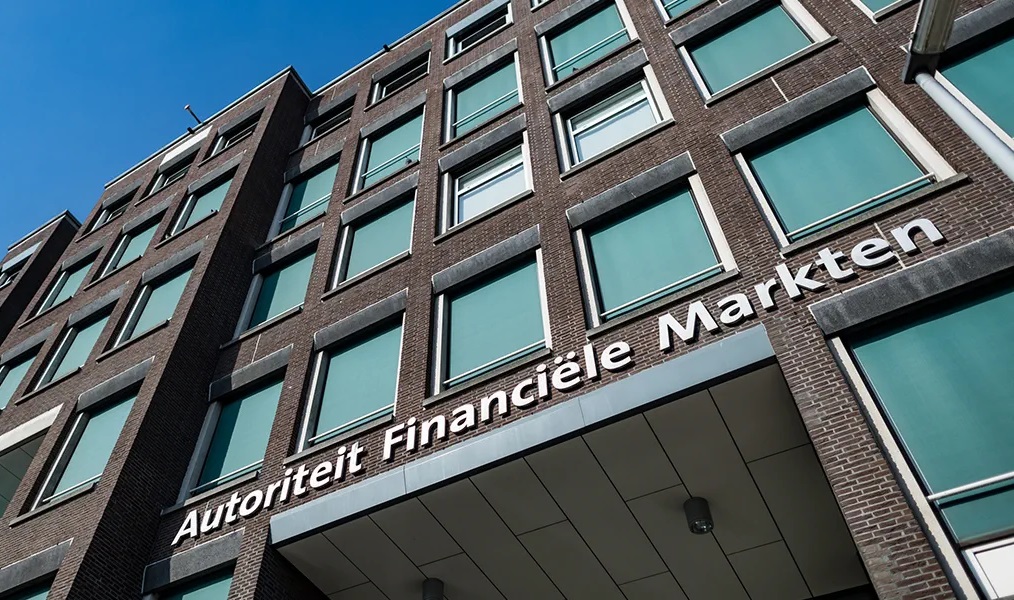Dutch Regulator Calls for Sustainability Impact Disclosures for all Financial Products
Netherlands-based markets regulator the Dutch Authority for the Financial Markets (AFM) announced the release of a position paper on proposed reforms to the EU’s Sustainable Finance Disclosure Regulation (SFDR), including recommendations to remove the regulations’ Article 8 and 9 classification categories in place of a new sustainable investment labeling regime, and to require all financial products – even those without sustainability features – to provide some sustainability-related disclosures.
According to the AFM, the proposals aim to make the SFDR regulation more meaningful to investors, and to facilitate capital flows towards investments with sustainable impact.
The AFM’s position paper was launched in light of the European Commission’s ongoing review of the SFDR framework.
The EU SFDR forms part of the EU’s Action Plan on financing sustainable growth. The regulation aims to establish harmonized rules for financial market participants including investors and advisers on transparency regarding the integration of sustainability risks and the consideration of adverse sustainability impacts in their processes and the provision of sustainability‐related information with respect to financial products.
The regulation includes classification levels for sustainability-focused investment funds, including ‘Article 8’ funds that “promote environmental or social characteristics or a combination of those characteristics,” and the more stringent ‘Article 9’ funds, “which have sustainable investment as their objective.”
In September 2023, the Commission launched a consultation focused on the SFDR, aimed at assessing the framework’s use and usability. One of the issues discussed in the paper was that while the SFDR was designed as a disclosure regime, it is often used instead as a labelling scheme, with “Article 8” and “Article 9” being used as de facto ESG investment labels.
In response to this concern, the AFM’s paper proposes removing Article 8 and 9 classifications, while noting that the market practice of using the categorization as a labelling scheme “demonstrate a clear desire for consumer-friendly sustainability product classifications.”
To address this need, AFM recommends introducing labels for sustainable investment products, with proposed categories including “Transition products”, which invests in companies that are not yet sustainable, but plan to become so; “Sustainable products”, which don’t necessarily make measurable, active impact through the investment, but cater to investors looking only to invest in sustainable assets, and; “Sustainable impact products,” which aim to make direct and measurable impact through investments and invest only in underlying assets that already qualify as sustainable. Noting the scarcity of products that would fit the latter sustainable impact category, AFM said that these products “would be well suited to investors who favour positive sustainability impact over return.”
AFM added that products using one of the above sustainability labels would need to meet minimum quality requirements, and that each category would come with a specific set of disclosure requirements.
The AFM’s position paper also proposes that “all financial products should provide a minimum set of disclosures on sustainability impact,” including those without sustainability features, including sustainability indicators enabling investors to assess the negative impact of their investments, and compare the impact of different products. Proposed negative impact indicators for all financial products included GHG emissions, biodiversity, human rights and labor rights.
Click here to access the AFM position paper.





